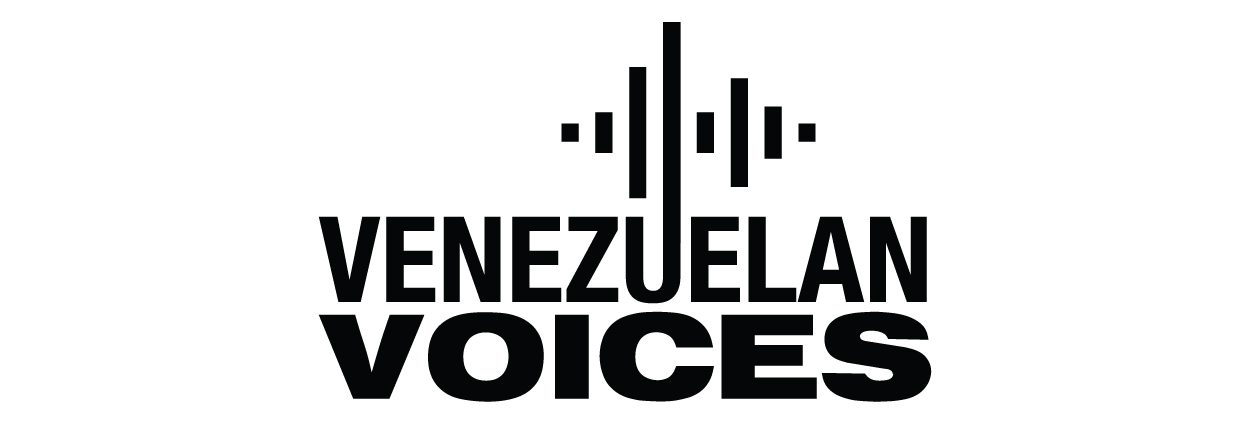By Venezuelanvoices
On Sunday, August 8, PSUV held its primaries to elect the candidates for the November regional elections. Although the primaries were open, meaning that more than 21.7 million people in the electoral registry could vote, only 3.5 million people did, according to official figures provided by first vicepresident of the party Diosdado Cabello. Less than half of the militants that PSUV claims to have and only 16% of the electoral registry. It remains to be seen whether the government will allow the participation in November of opposition or dissident Chavista parties whose electoral credentials were confiscated by judicial rulings in recent years. In any case, the governing party began to put into operation its electoral methods of recent years, massive corruption and abuse of power, as well as the use of armed groups with the complicity of the police and military bodies. This time these methods were not applied against the right or left wing opposition, but against the Chavista bases.
The pre-candidacy nomination process itself was full of anti-democratic vices. After the nominations were made on July 4 by the so-called Hugo Chávez Battle Units (UBCH), the party’s basic units, the PSUV Electoral Commission arbitrarily decided which ones to accept. Aspiring pre-candidates who had a high number of UBCH nominations, such as Elías Jaua or Francisco Arias Cárdenas, were rejected by this commission controlled by sectors close to Maduro and Cabello. Both Jaua and Arias Cárdenas, part of the nomenklatura themselves, capitulated to this anti-democratic decision.
As the primaries approached, the confrontations within the Chavista bureaucracy and the Bolivarian bourgeoisie became more pronounced. On July 9, confrontations took place in the State of Barinas between the PSUV sectors supporting the pre-candidates Hugo Chávez Terán and Argenis Chávez. Argenis is the brother of the late former President Chávez and Hugo Chávez Terán is the nephew of both. Wounded activists denounced that they had been attacked by a paramilitary group led by Alexis Mendoza, an ally of Argenis Chávez, which used firearms.
In Zulia, the Chavista mayor of the Simón Bolívar municipality, Henry Barrueto, denounced that Governor Omar Prieto, upon not reaching first place in the number of nominations there, took revenge against the population by cutting the supplies of subsidized CLAP food boxes, gasoline and covid19 vaccines.
The night before the primaries, on August 7, a shock group from the Stalinist organization Gayones, which unconditionally supports Maduro’s government, attacked two delegates from the peasant organization Comuna El Maizal. They were preparing to participate as witnesses in the PSUV primary elections in the Simón Planas municipality of the central Lara state. This peasant organization supports the pre-candidate Ángel Prado, who won the 2017 municipal elections supported by the chavista party Patria Para Todos, but was fraudulently prevented from taking office. The election was handed over to a chavista of the official line, Jean Ortiz.
During the day, in several municipalities it was denounced that Chavistas in government functions were restricting the right to vote, for example in the Guajira municipality of Zulia state, in the northwest of the country.
Also in Zulia, but to the south of Maracaibo Lake, in the Jesús María Semprún municipality, Mayor Keyrineth Fernández launched armed attacks against her contenders. During an attack on the night of August 7, several people were injured by stones and one was shot.
In Aragua state, Governor Rodolfo Marco Torres pressured public employees to photograph their vote to guarantee that they were voting for him, under threat of reprisals, as denounced by PSUV member and former councilman José Gregorio Sánchez.
To put the cherry on top, Freddy Bernal, PSUV leader in Tachira state, stated that the results of the primaries are not definitive indicators of who will be candidate. The leadership can overturn the results of the primaries when it considers convenient to do so.
Venezuela has a population of around 30 million, including more than 5 million emigrants. PSUV officials claim that there are more than 7 million militants in the main chavista party since 2010 and now the count is nearing 8 million. However, this organization usually gets far fewer votes than the supposed militant census. In the 2010 parliamentary elections the government alliance (which includes other parties besides the PSUV) got 5.4 million votes; in 2015, the last elections before the dictatorial turn of the government, it got 5.6 million. There was a drop in 2020 to just 4.3 million votes, and even this is a contested figure. Many of the registered members of the PSUV are public employees or people who depend on subsidized food boxes to survive, and therefore are pressured into signing in without sympathizing or ever being active in the party.
PSUV is a party with militarized, ultra-bureaucratic methods, since its foundation in 2007. Since its creation it has held an antiworker ideology. When launching it, Chávez said that union autonomy would not be tolerated, and labeled it “counterrevolutionary poison”. There are no internal discussion mechanisms and a hallucinating cult to the personality of the late President Chávez permeates its activities. In 2008, PSUV held the only elections of the national leadership by direct vote of the rank and file. Diosdado Cabello, who arrived in 17th place, was left out of the 15 main positions. But Chávez expanded the main members to 30 and imposed Cabello, a conservative military man, as Vice President of the party. Then, in 2012, in an unconsulted and undemocratic manner, Chávez nominated Maduro as the PSUV presidential candidate in the event of his absence due to illness. He passed away in March 2013 and Maduro has since led the country into mayhem.


One thought on “Violence-plagued primaries in the PSUV”